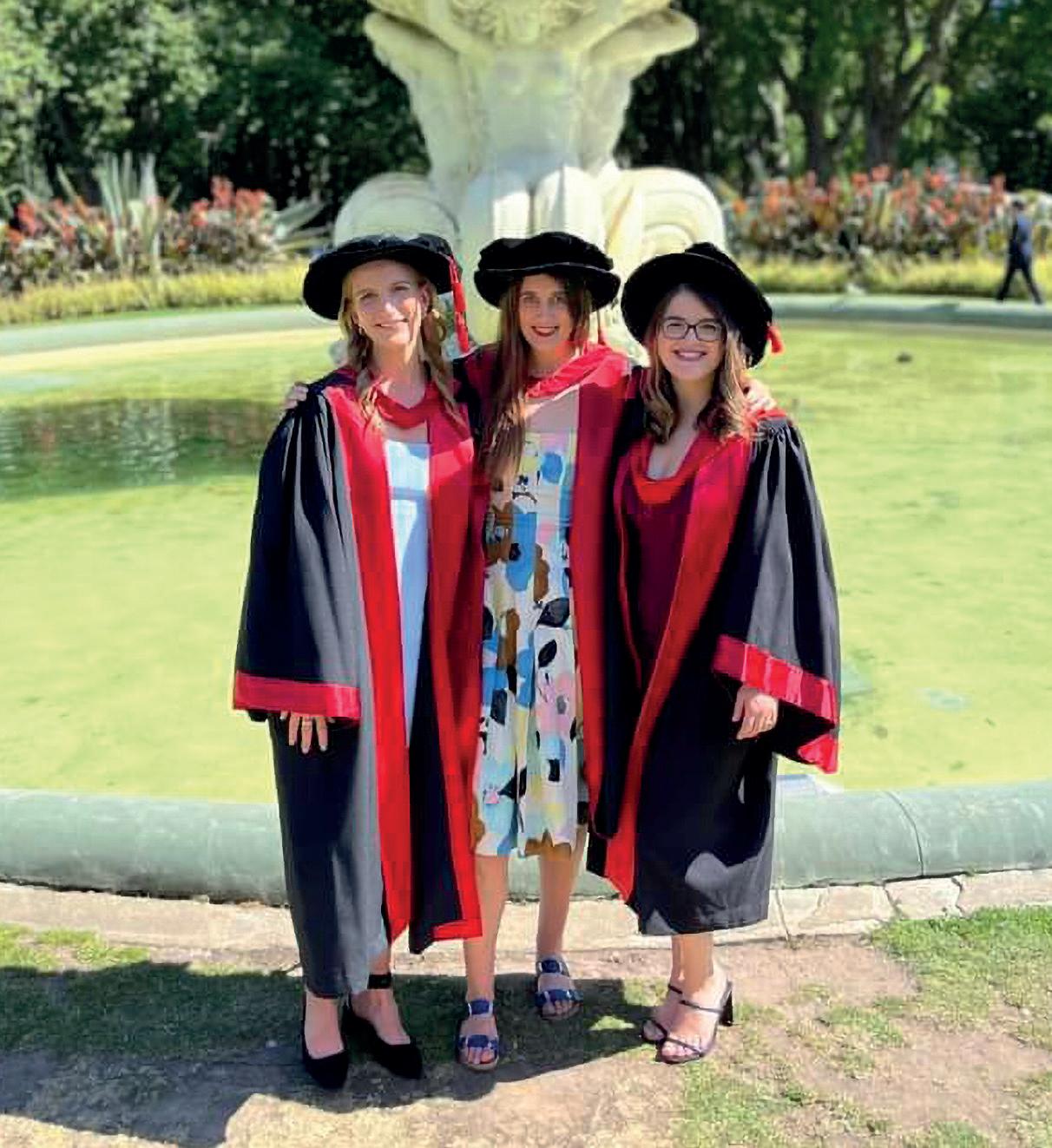
1 minute read
Alma Ross’s legacy gift
Like many bequestors, Alma Ross wants her legacy gift to enable great medical research beyond her lifetime. She has a vision of supporting both the researchers investigating neurological conditions and the people who experience them.
It is generous gifts like Alma’s that encourage and support The Florey to make a meaningful impact in medical research – to improve the lives of people living with brain and mental health conditions.
Alma is no stranger to medicine and health sciences. She led an exciting career in prominent private and public organisations including medical administration at the Royal Children’s Hospital, scientific operations at The Australian College of Paediatrics, and medical science publications for Wiley Journals.
With her breadth of experience in medicine and science, her affinity with neuroscience was further strengthened during her work with Florey Governor and eminent neuroscientist, Sir Edward Byrne AC in the late 1990s.
It was during this time that she learnt about The Florey’s research excellence in neuroscience and mental health. This was also the stage in her life when she was reviewing her Will – thinking about how to empower the next generation and leave a meaningful legacy.
Alma knew that a gift in her Will to The Florey could help provide the necessary financial resources to keep researchers focused on their investigations, easing the pressure that comes with applying for competitive grant applications, while offering them support for research equipment costs.
Having had every opportunity to see the work being done by medical researchers for most of her working life, it has always been of great concern to Alma that highly qualified scientists have limited job security and must rely on grants to fund their work – writing many she considers unnecessarily time- consuming, eating into valuable research hours.
“It means that we are in danger of losing brilliant scientific minds overseas, something we cannot afford to do. Knowing that I can contribute and help the brilliant researchers at The Florey through my bequest is important to me at this stage in my life,” said Alma.
Alma told The Florey that if she can shape one outcome through medical research, she hopes that it is to help our scientists find a way to manage dementia and wants a cure to be found. The reason for this is that Alma, like many Australians, knows far too many people living with this condition, and has seen dementia’s farreaching effects on numerous families and friends.
Today, Alma is a proud member of The Florey Society, a group of people who have committed to leave a gift in their Will to The Florey and she encourages other like-minded people do the same.








